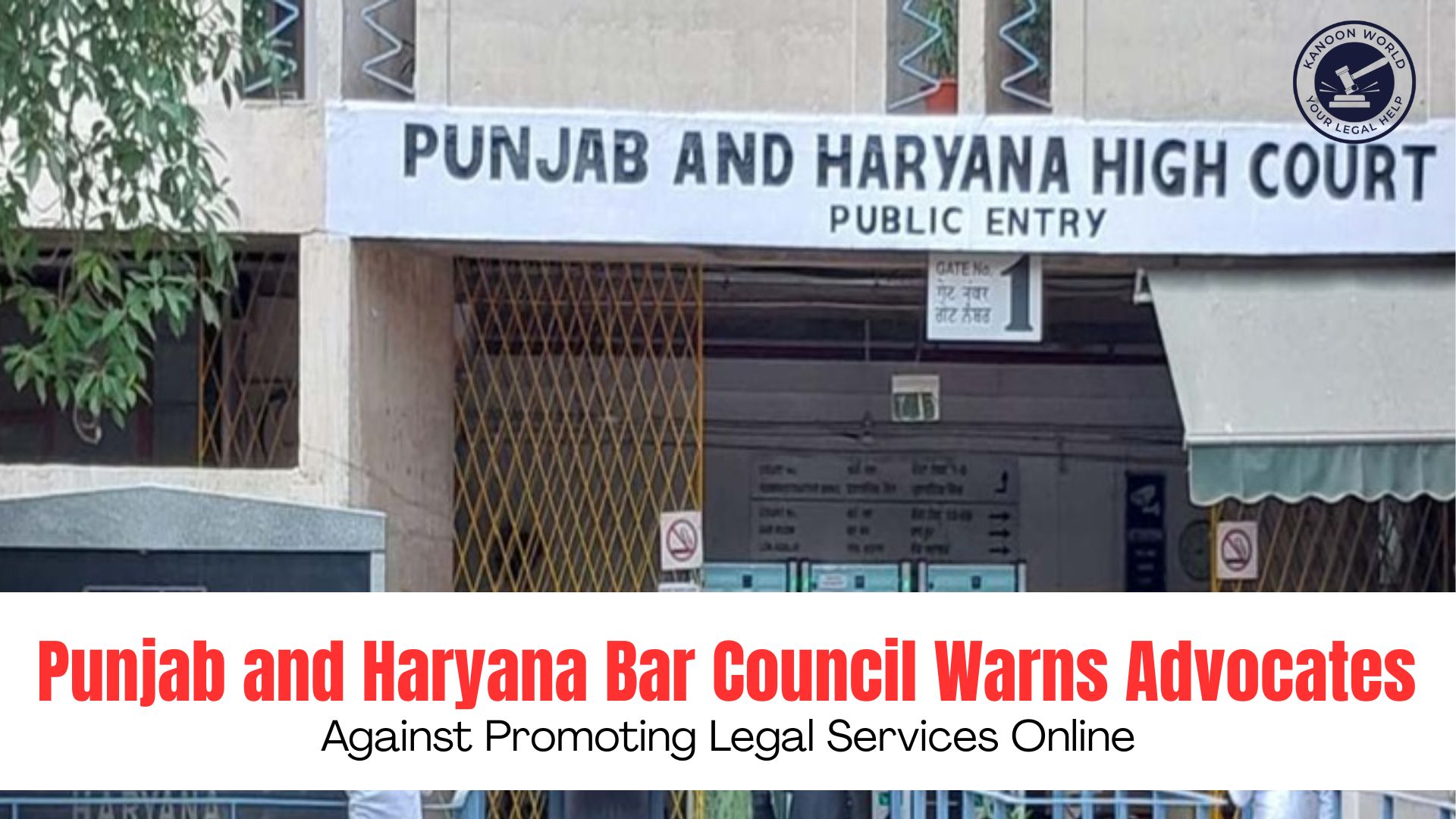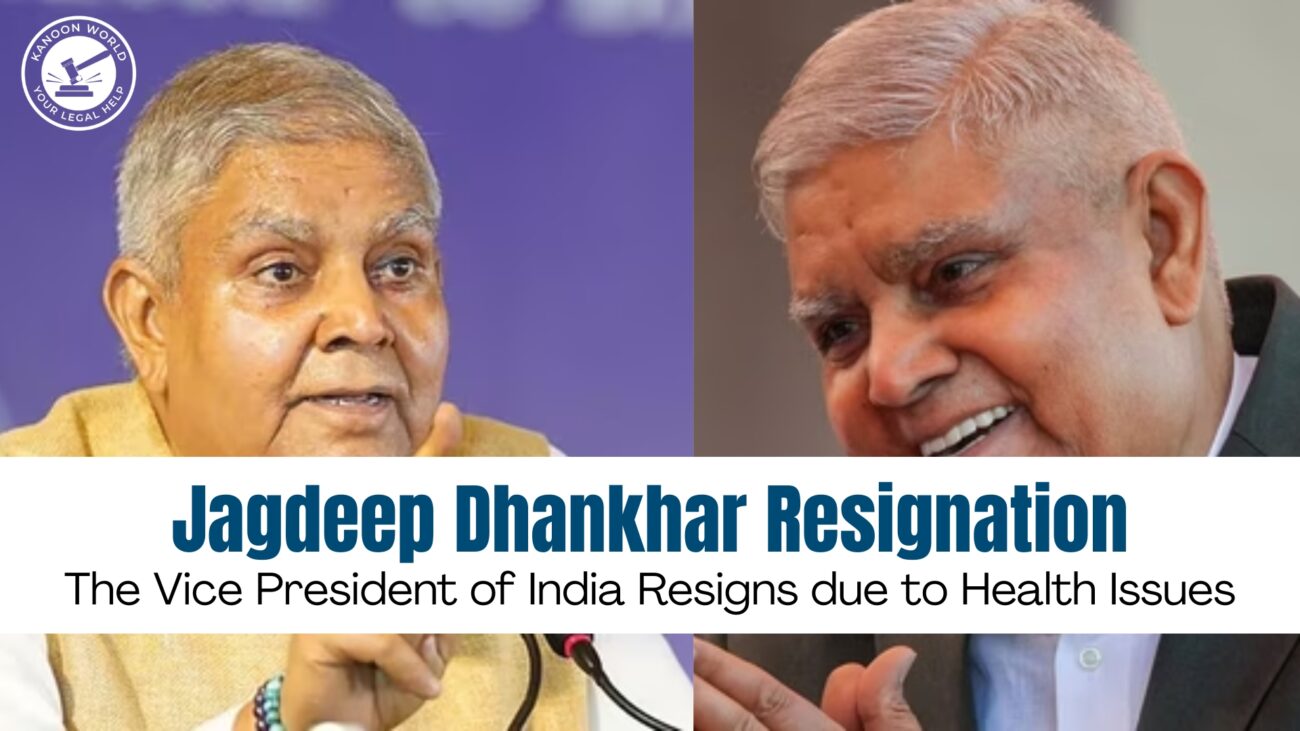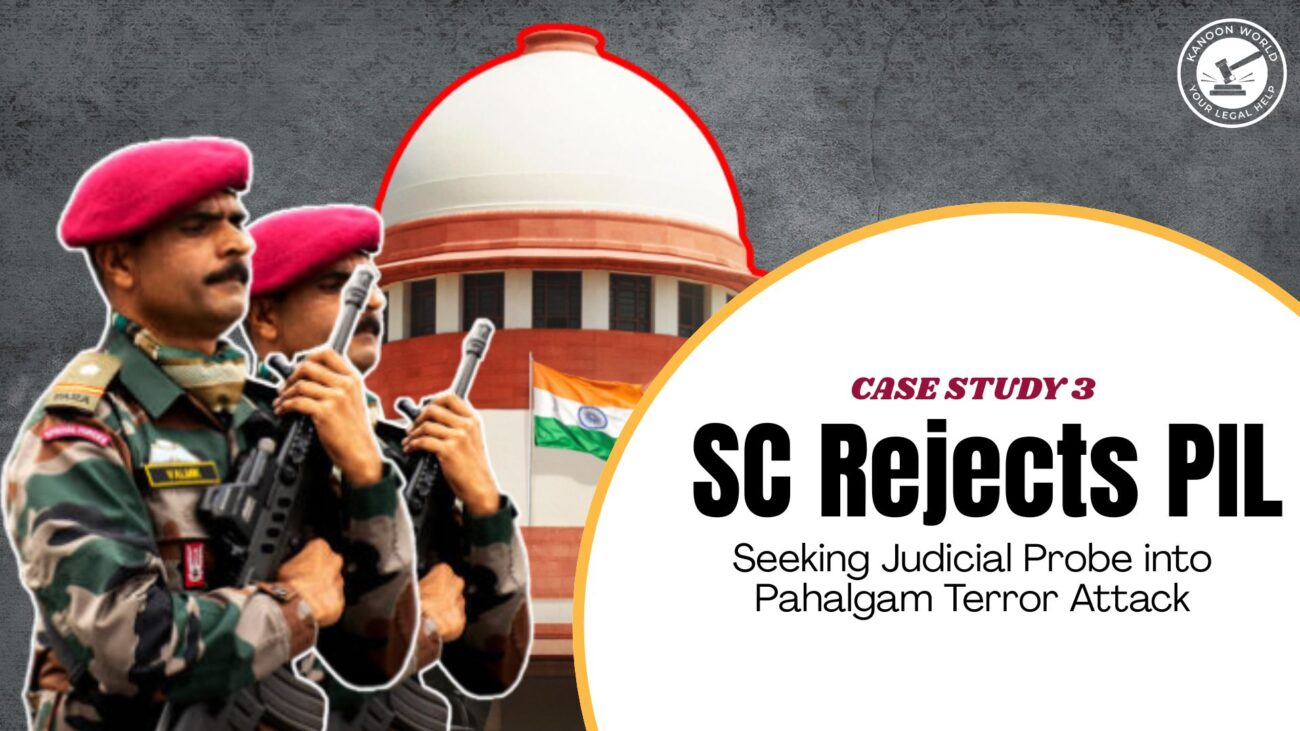The council has clarified that such conduct constitutes a serious violation of professional ethics under Rule 36 of Chapter II, Part VI of the Bar Council of India (BCI) Rules
The Bar Council of Punjab and Haryana (BCPH) has issued a strict warning to advocates and Bar Associations across Punjab, Haryana, and Chandigarh against promoting legal services through social media, influencer collaborations, or any form of online advertisement.

The council has clarified that such conduct constitutes a serious violation of professional ethics under Rule 36 of Chapter II, Part VI of the Bar Council of India (BCI) Rules.
The council also declared that any breach of Rule 36 would be treated as professional misconduct under Section 35 of the Advocates Act, 1961, which may result in suspension or cancellation of an advocate’s licence.
In a detailed communication addressed to the presidents and secretaries of all Bar Associations —including tribunal, tax, and consumer forums —BCPH chairman Rakesh Gupta expressed concern over the growing trend of lawyers using promotional videos, social media content, and even client testimonials to solicit legal work despite previous directives.
“The legal profession is not a trade or commercial venture. It is a noble service rooted in public trust, and commercialisation of legal services severely undermines that trust,” it said.
The council cited several judicial pronouncements reinforcing this stance, including a recent July 3, 2024, ruling by the Madras high court, which strongly condemned the advertisement of legal services as contrary to the dignity of the profession.
Despite earlier advisories, the council noted a rise in instances where advocates have publicised favourable court orders, shared client photographs in newspapers, or indirectly solicited work through digital platforms.
Such practices, the Bar Council said, are in direct violation of Rule 36, which explicitly bars lawyers from engaging in any form of advertisement or self-promotion — including online endorsements. It also forbids personal publicity or associating oneself with any particular cause, organisation, or past designation to gain legal work.
The Bar Council further highlighted recent concerns over “legal influencers” spreading misleading information online, regardless of their credentials.
It has also made it clear that office bearers of Bar Associations will be held accountable if such practices continue under their watch.
The Bar Council has directed all presidents and secretaries of Bar Associations to immediately disseminate the circular among their members and ensure strict compliance.
As per the formal letter sent to all the bar associations in the region, the State Bar Council mentioned that it observed advocates leveraging religious, cultural, or public events for self-promotion through banners, stalls, and digital advertisements. Such methods clearly constitute unethical canvassing, infringing upon professional ethics and the dignity of legal practice. “In the age of the internet and digital media, the rise of self-styled legal influencers has compounded these ethical concerns. The Bar Council of India (BCI), as well as the State Bar Council of Punjab and Haryana, notes with serious concern the rapid growth of legal influencers who, even possessing appropriate credentials, spread misinformation on critical legal issues, “says the bar council’s letter dated July 31.
It was further stated that certain advocates published their photographs with clients, stating that due to the arguments advanced by such advocates, the courts decided the cases in their favour. This is all prohibited in view of Rule 36 of the BCI Rules. It was further warned that any violation of the aforementioned Rule 36 of the BCI amounts to serious misconduct, and the guilty advocate can be proceeded against under Section 35 of the Advocates Act, which can even lead to the suspension or cancellation of the advocate’s licence, says the letter.
The formal communication in this regard was sent on behalf of Rakesh Gupta, chairman of the State Bar Council, to the presidents and secretaries of the Punjab and Haryana High Court Bar Association, all bar associations in the state of Punjab, Haryana, UT Chandigarh, all Tax Bar Associations, and State Consumer Dispute Redressal Commissions of both the states and UT for compliance.





